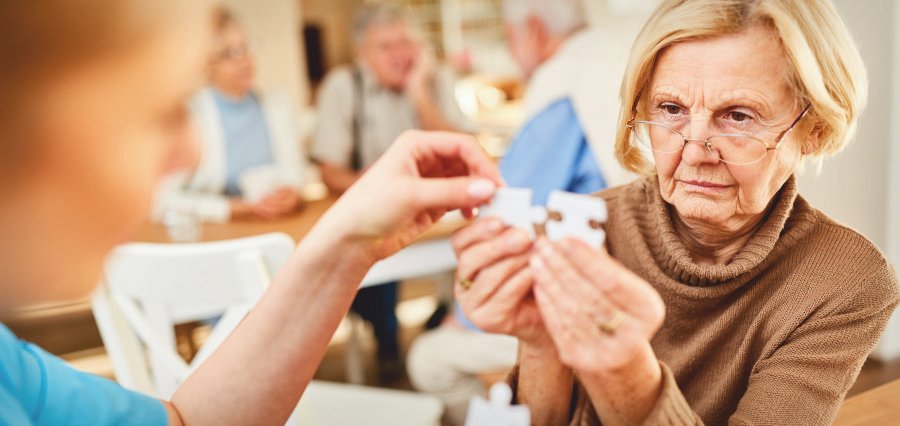Prime Highlights:
- A new study has found that combining leuprolide and enzalutamide (Xtandi) can extend prostate cancer patients’ lives by up to 40%.
- The FDA-approved dual therapy could transform prostate cancer into a manageable chronic condition, according to experts at Cedars-Sinai Medical Center.
Key Facts:
- Clinical trial results showed 79% of patients receiving both drugs were alive after eight years, compared to 73% with enzalutamide alone and 70% with leuprolide alone.
- While effective, the treatment can cause side effects such as fatigue, enlarged breasts, and reduced sex drive, particularly in older men.
Background
A new study shows a major breakthrough in treating prostate cancer. Combining two drugs, leuprolide, a hormone therapy, and enzalutamide (Xtandi), a targeted drug, can help patients live up to 40% longer by stopping cancer cells from growing more effectively.
The FDA has approved a dual-therapy approach that gives new hope to men with advanced or hard-to-treat prostate cancer. Researchers say this combination helps patients live longer and healthier by slowing the disease and extending life.
Dr. Stephen Freedland, a professor of urology at Cedars-Sinai Medical Center in Los Angeles, said the treatment could transform prostate cancer into a chronic condition for many patients. “For a 70-year-old man whose cancer recurs, this could mean living another 15 years,” he said.
Results from the trial showed that 79% of participants who received both drugs were alive after eight years, compared with 73% for enzalutamide alone and 70% for leuprolide alone. Doctors say no other current treatment for recurrence has achieved such success.
The combination therapy can cause side effects, such as tiredness, enlarged breasts, and lower sex drive. Experts also say that age affects both life expectancy and side effects; older men may feel more tired and weaker.
Prostate cancer is the second biggest cause of cancer deaths in men worldwide, after lung cancer. This new therapy takes an important step in helping patients live longer and healthier lives.








